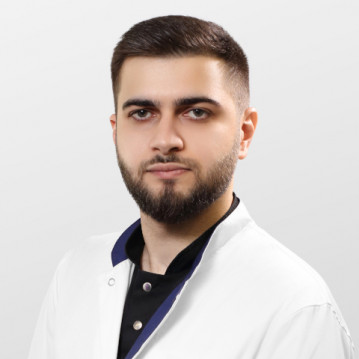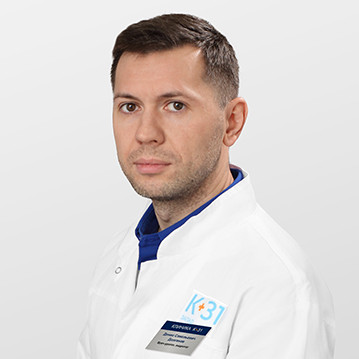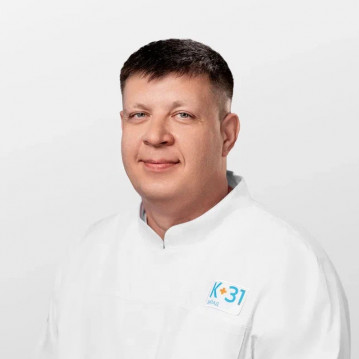Premature ejaculation is a sexual dysfunction in which seminal fluid is released before or immediately after sexual intercourse. This happens before a man reaches the desired level of sexual stimulation and negatively affects the quality of sexual intercourse. Consultations with a sexologist, the use of drugs help. Certain conditions require surgical treatment.
In the multidisciplinary medical center "K + 31" andrologists have been working with the problem of premature ejaculation for many years. Thanks to their extensive experience and high qualifications, experts recognize the cause, taking into account international protocols. Examination and therapy are carried out using high-tech methods and new modern equipment. Patients receive a professional solution to the problem and a normalized sex life.
Reasons
They can be physical or psychological. These include:
- Stress, anxiety, depression and other mental disorders affect mood and adrenaline levels in the body, which speeds up the process of ejaculation.
- Low self-esteem and sexual insecurity cause anxiety and nervousness during sex, leading to premature ejaculation.
- Relationship problems, conflicts with a partner, unsatisfactory sex life.
- Hypersensitivity of the glans penis causes rapid arousal and ejaculation.
- Illnesses - prostatitis, inflammation of the bladder or infections of the genitourinary system.
- Some medications, such as antidepressants and medicines to treat high blood pressure.
- Insufficient exercise and poor physical condition impair ejaculation control.
- Excessive use of alcohol, drugs, or smoking.
The andrologist determines the cause based on complaints, examination and examination results. If necessary, refer for additional diagnostics.
Diagnosis
Diagnosis of premature ejaculation (PSI) includes several methods:
- medical examination;
- psychological assessment,
- history taking;
- physical examination.
These methods allow you to identify the problem, which is the basis of effective treatment.
Medical examination
Identifies physical causes such as prostatitis, urinary tract infections, or other diseases. The examination includes a urine and blood test, as well as an ultrasound examination of the bladder and prostate.
Psychological assessment
Psychological conditions are assessed - stress, anxiety, depression or relationship problems. The assessment uses questionnaires and interviews to help identify possible psychological factors.
Anamnesis
History is the collection of information about medical and sexual history. When diagnosing PSI, the doctor may ask the patient when and how often they have problems with ejaculation control, as well as possible physical or psychological causes.
Physical examination
Examination helps to identify physical factors such as hypersensitivity of the glans penis or other abnormalities. The doctor also checks for signs of other illnesses that may be associated with PSI.
Sexual function testing
Helps determine the level of ejaculation control and the duration of sexual intercourse. Special questionnaires are used, such as the ejaculation control index, which allows you to assess the severity of PSI.
The doctor can use several diagnostic methods to comprehensively assess the cause and develop a treatment regimen.
Treatment
There are several ways:
- drug therapy;
- psychological;
- lifestyle change;
- surgical interventions.
The method depends on the factors that need to be addressed to solve the problem.
Drug therapy
Selective serotonin reuptake inhibitors (SSRIs), such as dapoxetine, are used to increase the duration of sexual intercourse. Also used are analgesics, antidepressants and other drugs that reduce the sensitivity of the glans penis.
Psychological methods
Includes cognitive behavioral therapy (CBT) and other forms of psychotherapy that teaches you how to manage your emotional and physical responses to sexual stimuli. Relaxation techniques, meditation and yoga can also be used.
Change in lifestyle
Proper nutrition, physical activity, exclusion of alcohol and cigarettes.
Surgical methods
Used in severe cases of PSI when other treatment options fail. This is dorsal neuromodulation (DNM), in which electrodes are inserted into the spinal cord and stimulate the nerve pathways associated with the control of ejaculation. Also, circumcision surgery (circumcision) is used, which reduces the sensitivity of the glans penis. Correction of the short frenulum of the penis.
The choice of form of treatment for premature ejaculation depends on the cause and severity of the disease, as well as on the individual characteristics of the patient.













